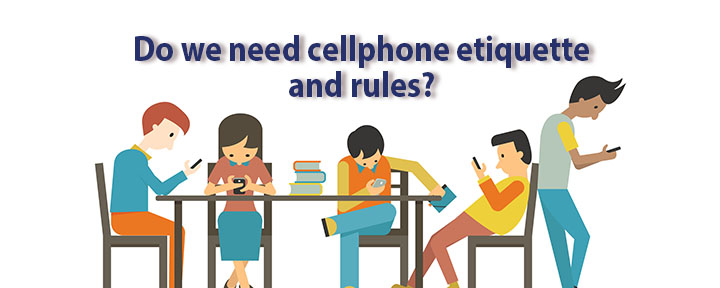Smartphones are facing scrutiny in classrooms from K-12 to college. Some teachers prohibit cell phones inside the classroom because their alerts, text messages, and social media updates are a distraction to the students. Other teachers allow them because students need easy access to information, assignments and calendars. Are smartphones interfering with academic productivity and learning?
While students are clicking on messages and checking out images of their friends, these interactions on their smartphones often trigger anxiety, and FoMo (fear of missing out) when they see that their friends are engaged in exciting activities while they’re stuck in a classroom or their bedrooms. Although the students may physically be in the classroom or at their desks doing homework, they are not engaged. That’s why it takes an inordinate amount of time for students to get their assignments done each day.
Having instantaneous contact with virtually all friends also creates a heightened and possibly overwhelming influx of information. This doesn’t give students the downtime they need to contemplate much of what they’re trying to process because they are receiving constant information. When it comes time to prepare for midterms or final exams, many students complain that they don’t remember concepts that they learned earlier in the year. This makes it difficult for them develop collective knowledge (long-term memory) over time – a vital part of the learning process.
Similarly, students really can’t multitask. Many think they can listen to a lecture while answering questions on a worksheet. If they attempt to do both activities at the same time, chances are both will be done poorly because they can only focus on one subject at a time. In other words, they need to focus on one task until they complete it, and then move on to the next task. Only then can they put in the concentration needed to get the task done well.
A recent study explored the psychological impacts of smartphones in college classrooms. Melissa Huey, assistant professor of behavioral sciences at the New York Institute of Technology, examined students’ mindfulness, anxiety, and course comprehension with students who relinquished their smartphones during classes vs. students who had access to their phones throughout class lectures.
The students who were engage in classroom lectures free of smartphones had significantly lower anxiety levels and higher comprehension and mindfulness than those who had unlimited access to their smartphones during classes. The students conducted self-reported scores to reach these conclusions. This study was conducted over a six-week period in two classes.
Huey contends that the nation’s polarization and the role of social media in spreading misinformation are tied to our students’ difficulty in managing conflict resolution skills. Both in and out of the classroom, she examined the importance of critical thinking and how smartphones interfere with the ability of students to deal with daily stressors.
Students, and even parents, may need to give themselves a time out so they can stop the ever speeding treadmill on which they are racing – just to keep their heads above water. Maybe we all need to put away our smartphones while we go to class or work, and spend electronics-free time with our family and friends. Connecting with one another and engaging in conversations and activities without our smartphones may give us the opportunity to laugh, have fun, and learn something. Maybe we need to establish simple rules in the classroom and at home to give our children, and ourselves, a healthier atmosphere, and in turn, positive academic productivity and learning.

